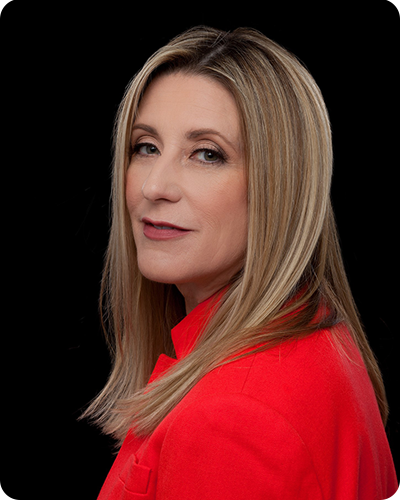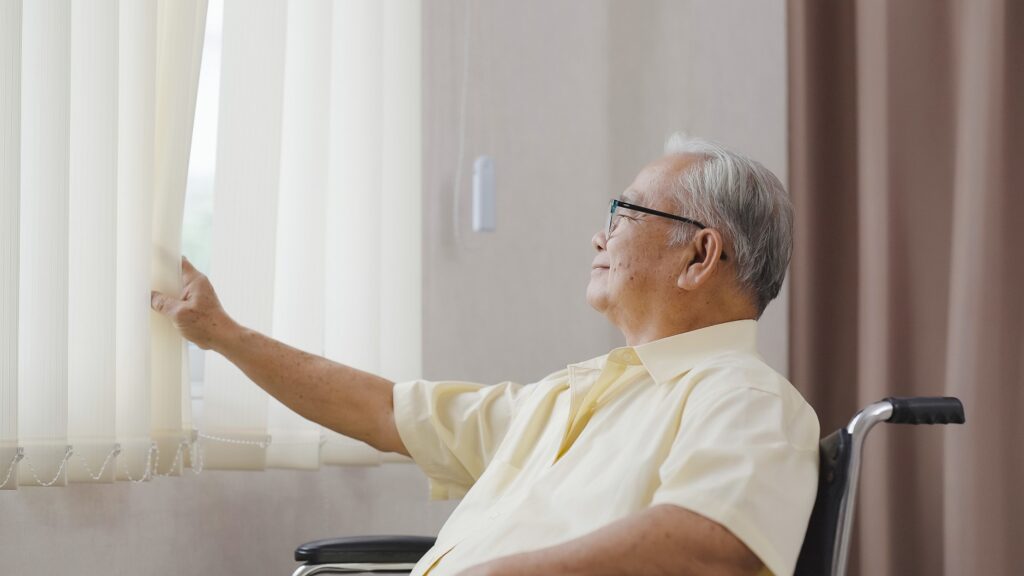
How to protect your mental health at work
Work is central, but unmanaged stress can tip into burnout.
If you are in distress, you can call or text 988 at any time. If it is an emergency, call 9-1-1 or go to your local emergency department.

An avid writer and photographer. A first-time author, she recently published her first children’s book to help children who are experiencing bullying. When she isn’t at her desk, Nicole loves to spend her time doing yoga and meditation, ballroom dancing, hiking, and celebrating nature with photography. She is a collector of sunset moments.

Work is central, but unmanaged stress can tip into burnout.

Work is such a big part of our lives. And stress is a part of life. But when workplace stress reaches beyond normal levels and becomes unhealthy, we need to do something about it. Actually, rather than just reacting to the crisis du jour, we need to think about actively protecting our mental health at work every day before crises develop.

Do you feel like you always have to be doing something? Do you find it difficult to let go of your to-do list and just relax?
I needed to go through burnout to learn that there are drawbacks to being a ‘high achiever.’ The pursuit of excellence comes at a cost. Relentless busyness is not good for us.
Constant hustling masquerades as productivity but drains joy. Burnout taught me that “doing, doing, done” isn’t living.

July is disability pride month.
This means a great deal to me because, for the first time in my life, I am disabled. I developed a debilitating and chronic post-viral condition after contracting COVID-19. My life has changed dramatically and has become, well, unrecognizable to me. I used to hike, walk, and dance. Go out and meet friends. Travel. Now I use a walker. I have a disabled parking sticker. I struggle to do a lot of things that I used to do.

Watching a friend spiral reminded me how stigma keeps many from seeking help.

I know firsthand that it can be tough to recognize when you need help. Years ago, when I was going through a major life crisis, it took me too long to ask for help. Later, I could see that I should have reached out to someone sooner. Why is it so hard to ask for help with our mental health? Would it surprise you to know that 60% of people with a mental health problem don’t seek help?

Be a part of the solution and join our council, The Hallway Group, which advises the MHCC on its work and priorities. You can make a difference in the lives of people living with mental illnesses or mental health issues.

Aging without support is becoming more prevalent for older people in Canada. How can we stem the tide? A look at inclusive aging during Loneliness Awareness Week
You can’t learn anything from a pop up.
But you can learn lots from our digital magazine, the experts, and those who have lived experience. Get tips and insights delivered to your inbox every month for free!
Subscribe to The Catalyst